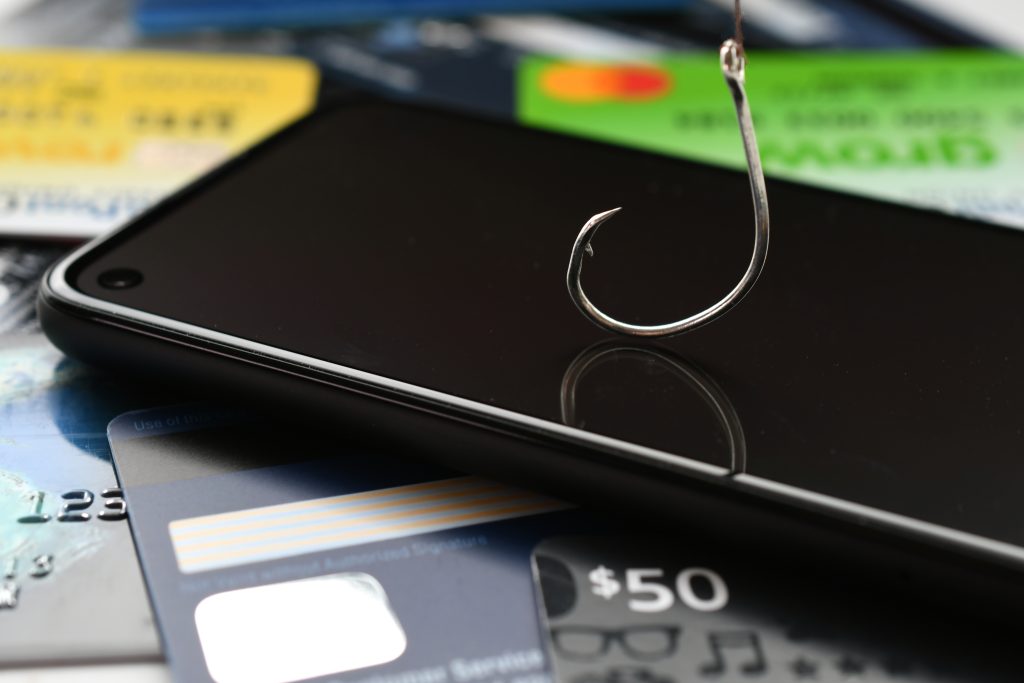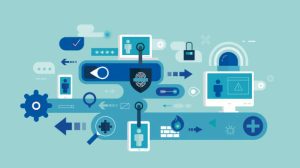In recent months, a new threat has emerged in the United States, targeting individuals and businesses through a deceptively simple yet highly effective method: vishing. Short for “voice phishing,” vishing involves using phone calls to trick victims into divulging sensitive information or performing actions that compromise their security. This sudden onset of vishing underscores the critical need for robust cybersecurity measures, particularly for businesses. In this blog post, we’ll explore how businesses leveraging managed services can fortify their defenses and protect against the growing threat of vishing.
Understanding Vishing:
Vishing attacks typically begin with a phone call from a fraudster posing as a trusted entity, such as a bank representative, government agency, or tech support personnel. Using social engineering tactics and persuasive language, the scammer convinces the victim to disclose personal information, such as account numbers, passwords, or social security numbers, or to take actions that grant the scammer access to sensitive data or funds.
Combating Vishing:
To combat the rising threat of vishing, it’s essential for organizations to take proactive measures to protect themselves and their sensitive information.
Managed services providers (MSPs) play a crucial role in helping businesses mitigate the risks of vishing and enhance their overall cybersecurity posture. Here’s how businesses leveraging managed services can protect themselves against vishing attacks:
Advanced Threat Detection: Managed services providers utilize cutting-edge security tools and technologies to monitor network traffic, detect suspicious activities, and identify potential vishing attempts in real-time. By leveraging advanced threat detection capabilities, businesses can proactively identify and mitigate vishing threats before they cause harm.
Security Awareness Training: Managed services providers offer comprehensive security awareness training programs to educate employees about the risks of vishing, other social engineering tactics and how to recognize and respond to suspicious phone calls. By empowering employees with the knowledge and skills to identify vishing attempts, businesses can significantly reduce the likelihood of successful attacks.
Multi-Layered Defense: Managed services providers implement multi-layered security defenses, including firewalls, intrusion detection systems, email filtering, and endpoint protection, to safeguard against vishing attacks. By adopting a holistic approach to security, businesses can create multiple barriers to prevent unauthorized access and mitigate the impact of vishing incidents.
Use of Authentication Protocols: Managed service providers Implement multi-factor authentication (MFA) and other authentication protocols to add an extra layer of security and verify the identity of users before granting access to sensitive data or systems.
24/7 Monitoring and Response: Managed services providers offer round-the-clock monitoring and incident response services to quickly identify and respond to vishing attempts. With continuous monitoring and rapid incident response capabilities, businesses can minimize the duration and impact of vishing attacks, thereby reducing potential losses and reputational damage.
Regular Security Updates and Patch Management: Managed services providers ensure that systems and software are regularly updated with the latest security patches and updates to address known vulnerabilities that could be exploited by vishing attacks. By staying proactive in patch management, businesses can mitigate the risk of vishing attacks exploiting known security flaws.
The sudden onset of vishing in the United States presents a significant challenge for businesses seeking to protect their sensitive information and maintain operational resilience. By leveraging managed services for enhanced security, businesses can fortify their defenses against vishing attacks and mitigate the risks posed by fraudulent phone calls. In today’s evolving threat landscape, proactive cybersecurity measures are more critical than ever.
Stay informed, stay vigilant, and stay safe.






